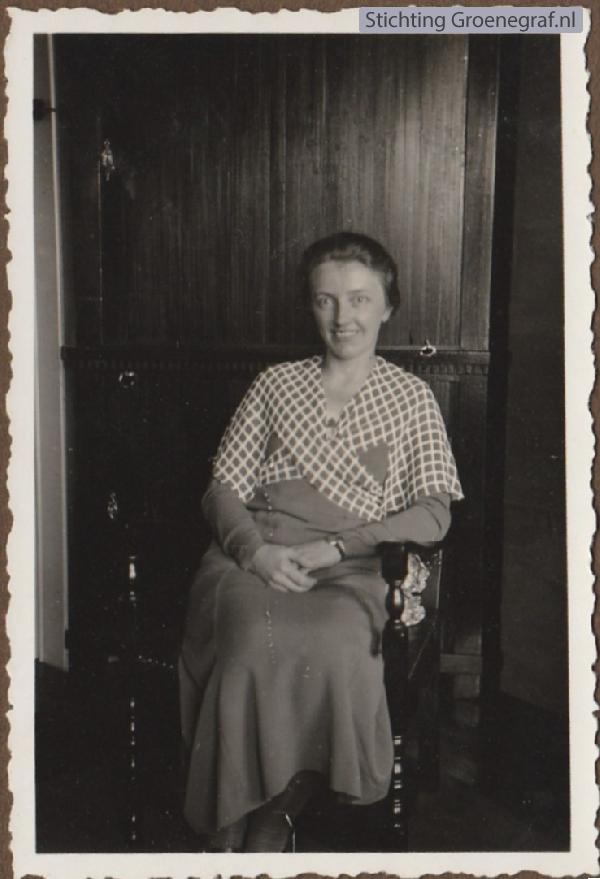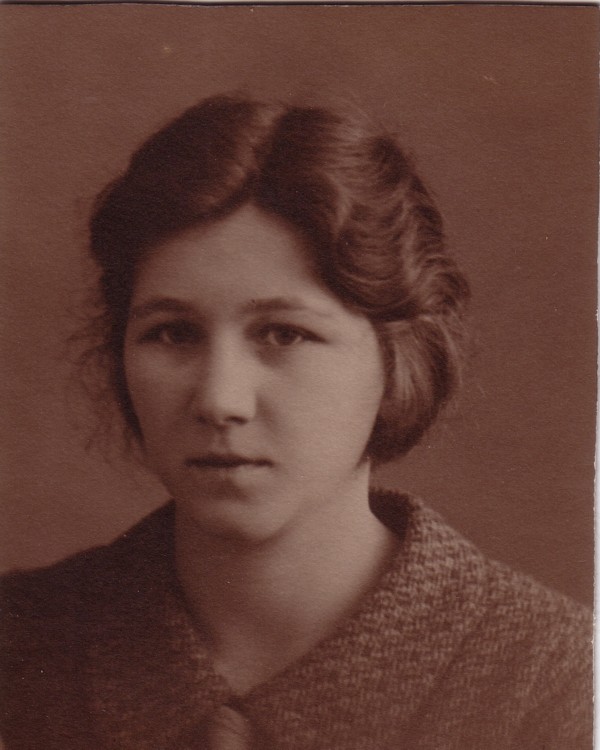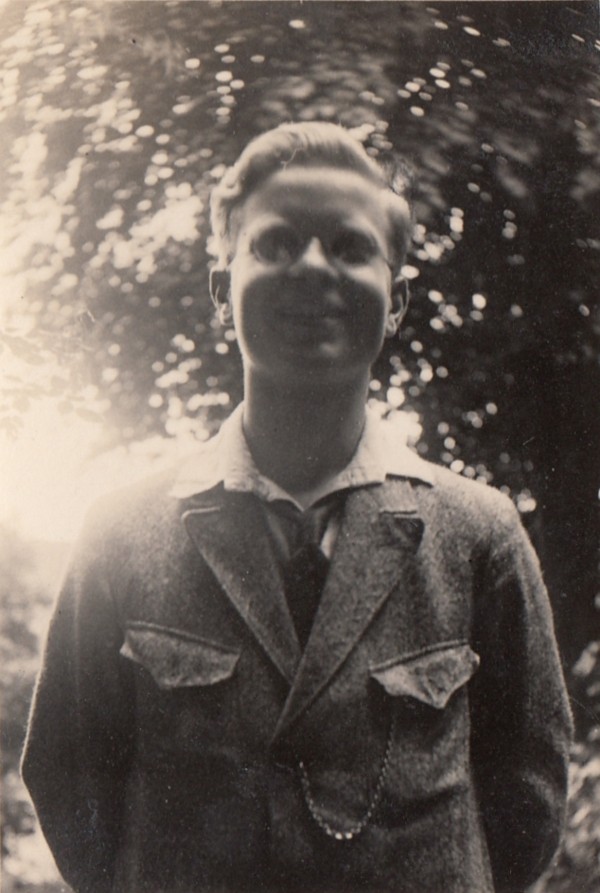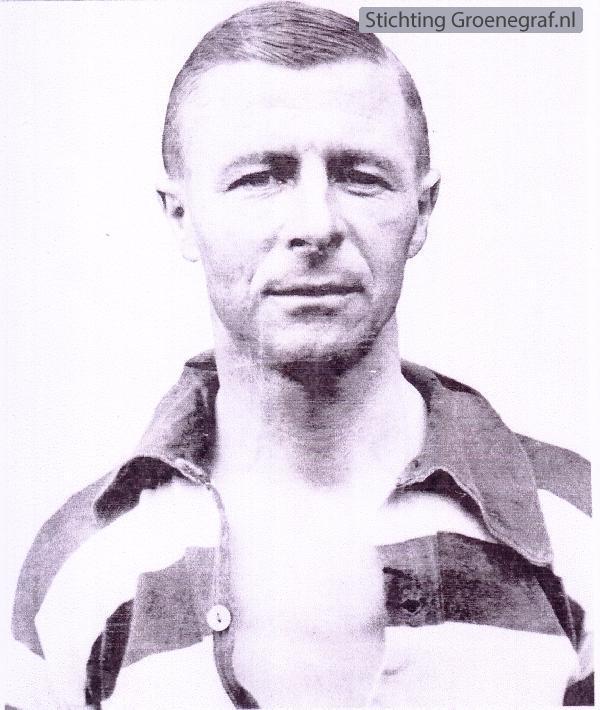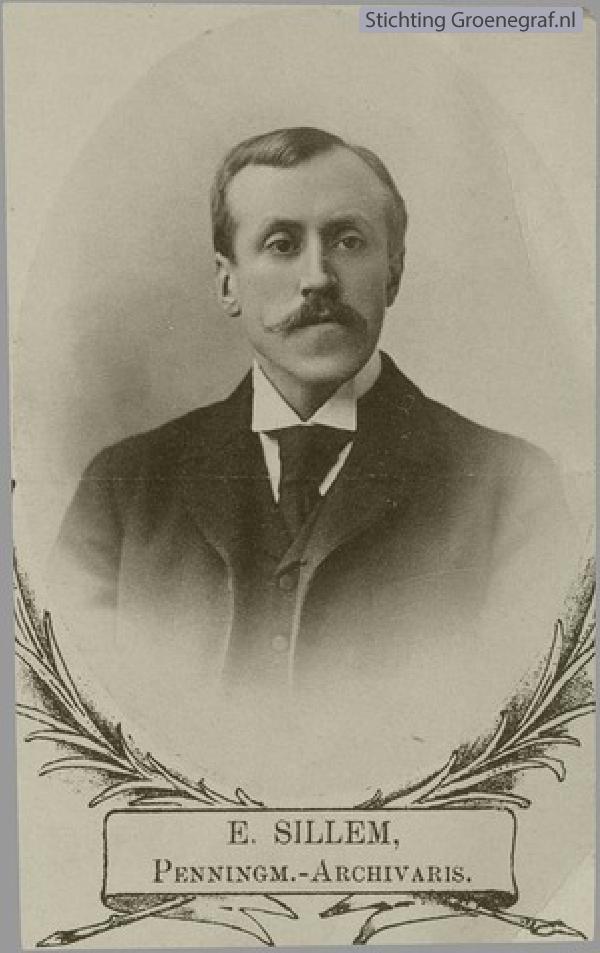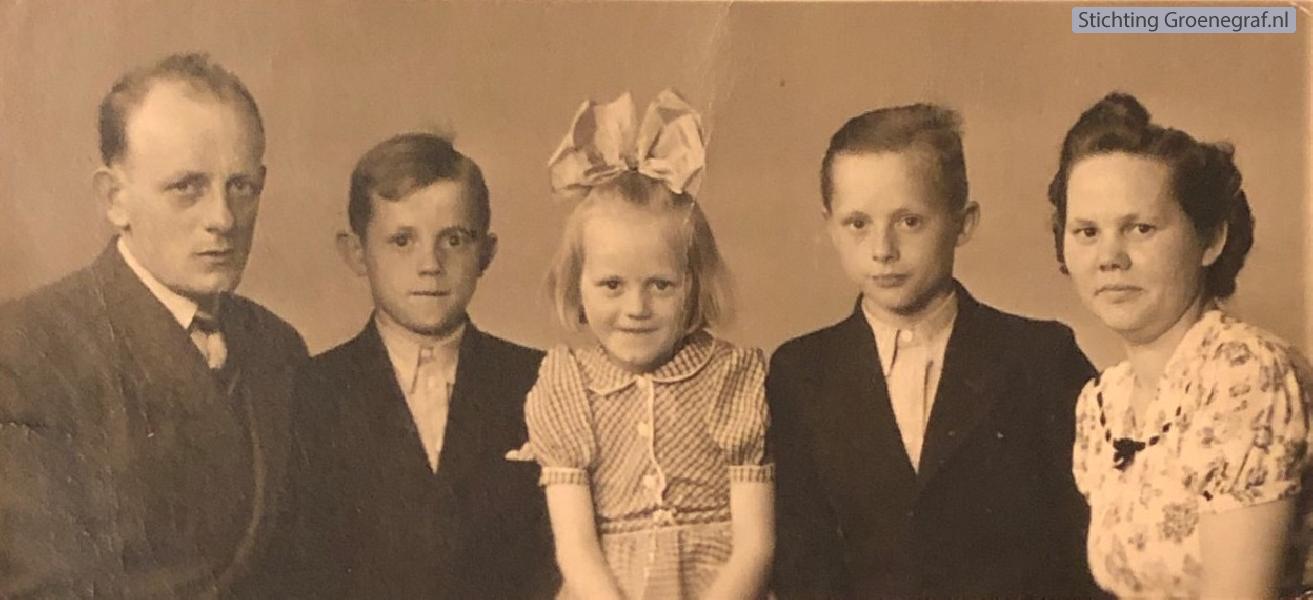
Dit is de 47.918.301e zoekopdracht sinds 1 oktober 2005.

Klik hier voor een vergroting van deze foto
1. Anna Maria Roorda van Eijsinga is geboren op 17-01-1901 en overleden op 07-08-1969.
Dit is foto nummer 4506 geplaatst op 18-06-2017 in de catagorie portretfoto.
Anna Maria Roorda van Eijsinga
Dit is Anna Maria Roorda van Eijsinga.
Anna Maria Roorda van Eysinga is geboren op 18-01-1901 in Amsterdam, dochter van Nanno Roorda van Eysinga en Elisabeth Bakker. Anna is overleden op 07-08-1969 in Baarn, 68 jaar oud. Zij is begraven op 11-08-1969 in Baarn, Nieuwe Algemene Begraafplaats aan de Wijkamplaan. Notitie bij Anna: Anna Maria Roorda van Eyesinga who was camp leader at Tjideng camp in Batavia - "In some houses we had put more than 100 women and children", said Miss Anna Maria Roorda-Van Eysinga, who acted as camp commandant. She is a small, thin woman with prominent eyes, and before the war taught French in the government high school. Although the Japanese forbade schools in the camp, she managed to keep her classes going. The camp contained about 6,000 women and 4,000 children, of whom 8,000 were under 11 years old. Male children over 11 were removed to a men’s camp. "Husbands and wives never were permitted to visit each other’s Camps," said the commandant, and ’they could write only two postcards a year. On each postcard they could write only a 20-word sentence. Tortured Children Japanese guards never tortured Children, but they Inflicted numerous brutalities on white women, the commandant said. "Their excuse was usually, that we hadn’t been polite enough," said Miss Van Eysinga. "We were supposed to bow to every Japanese soldier. If we didn’t, they kicked and slapped us." And more than one stubborn Dutch maiden took a face-slapping rather than kowtow to her Japanese captors, Women were forced to do all the heavy work about the camp. They dug ditches, built roads, and lugged rice bags weighing 220 pounds. Others built coffins of bamboo for those who escaped Japanese cruelty by dying. To punish many disobedient women, the Japanese cut off their hair after beating them. A water shortage caused the greatest suffering aside from the lack of food. Sewage collected In ditches and scores of internees were hospitalized with dysentery. The Infamous Tjideng camp.still had a population of more than 9,000 the day I visited . Women were being kept in the place until their husbands were located or other homes found for them. Native riots have slowed this process, the adding to the women’s fear that their husbands In the interior of Java may be killed or seized as hostages by Indonesian rebels. Miss Van Eysinga, who has a sense of humor, said that all this bottled-up womanhood had gotten along very well despite the lack of privacy, thus giving the lie to the possible old legend that women can’t tolerate each other’s company. "There really were only, a few quarrels," she said with’ a smile, ’And’ no murders!" Bron: Rose Young. Anna bleef ongehuwd.
Datering van de afbeelding: Ca. 1950
Bron: Mevr. H. Roorda van Eijsinga
Fotograaf: Onbekend
Gevraagd: Meer oude foto's van Baarnaars
Klik hier om informatie over deze foto te mailen
Anna Maria Roorda van Eysinga is geboren op 18-01-1901 in Amsterdam, dochter van Nanno Roorda van Eysinga en Elisabeth Bakker. Anna is overleden op 07-08-1969 in Baarn, 68 jaar oud. Zij is begraven op 11-08-1969 in Baarn, Nieuwe Algemene Begraafplaats aan de Wijkamplaan. Notitie bij Anna: Anna Maria Roorda van Eyesinga who was camp leader at Tjideng camp in Batavia - "In some houses we had put more than 100 women and children", said Miss Anna Maria Roorda-Van Eysinga, who acted as camp commandant. She is a small, thin woman with prominent eyes, and before the war taught French in the government high school. Although the Japanese forbade schools in the camp, she managed to keep her classes going. The camp contained about 6,000 women and 4,000 children, of whom 8,000 were under 11 years old. Male children over 11 were removed to a men’s camp. "Husbands and wives never were permitted to visit each other’s Camps," said the commandant, and ’they could write only two postcards a year. On each postcard they could write only a 20-word sentence. Tortured Children Japanese guards never tortured Children, but they Inflicted numerous brutalities on white women, the commandant said. "Their excuse was usually, that we hadn’t been polite enough," said Miss Van Eysinga. "We were supposed to bow to every Japanese soldier. If we didn’t, they kicked and slapped us." And more than one stubborn Dutch maiden took a face-slapping rather than kowtow to her Japanese captors, Women were forced to do all the heavy work about the camp. They dug ditches, built roads, and lugged rice bags weighing 220 pounds. Others built coffins of bamboo for those who escaped Japanese cruelty by dying. To punish many disobedient women, the Japanese cut off their hair after beating them. A water shortage caused the greatest suffering aside from the lack of food. Sewage collected In ditches and scores of internees were hospitalized with dysentery. The Infamous Tjideng camp.still had a population of more than 9,000 the day I visited . Women were being kept in the place until their husbands were located or other homes found for them. Native riots have slowed this process, the adding to the women’s fear that their husbands In the interior of Java may be killed or seized as hostages by Indonesian rebels. Miss Van Eysinga, who has a sense of humor, said that all this bottled-up womanhood had gotten along very well despite the lack of privacy, thus giving the lie to the possible old legend that women can’t tolerate each other’s company. "There really were only, a few quarrels," she said with’ a smile, ’And’ no murders!" Bron: Rose Young. Anna bleef ongehuwd.
Datering van de afbeelding: Ca. 1950
Bron: Mevr. H. Roorda van Eijsinga
Fotograaf: Onbekend
Gevraagd: Meer oude foto's van Baarnaars
De afgebeelde personen op de foto zijn:
1. Anna Maria Roorda van Eijsinga is geboren op 17-01-1901 en overleden op 07-08-1969.


